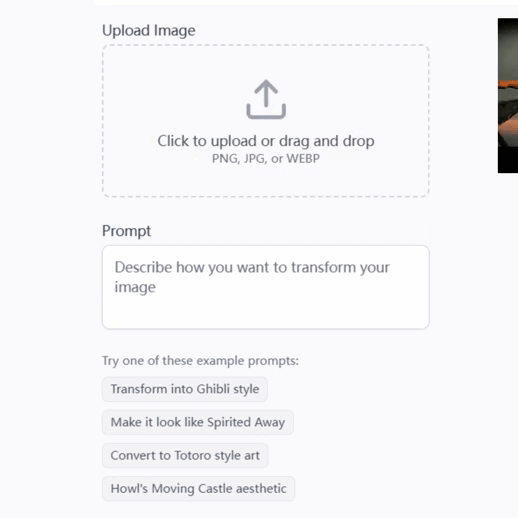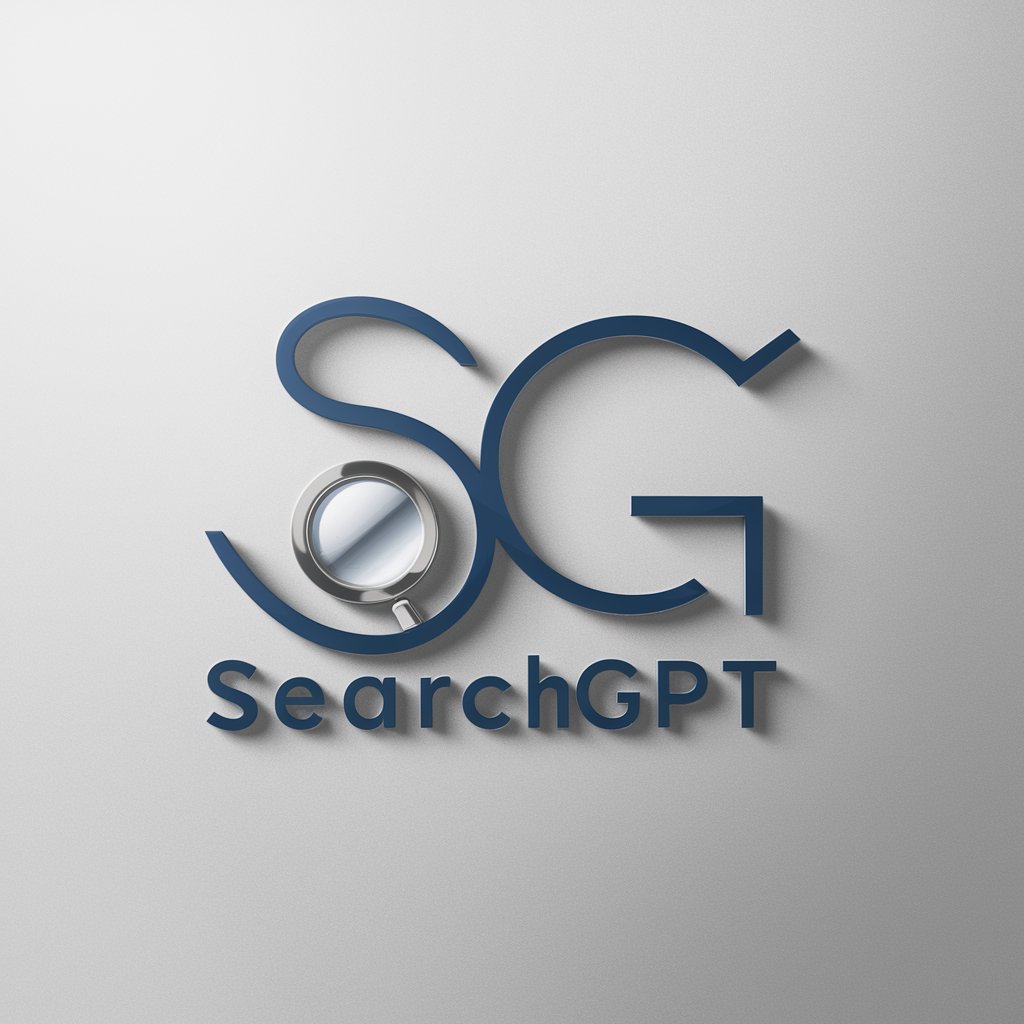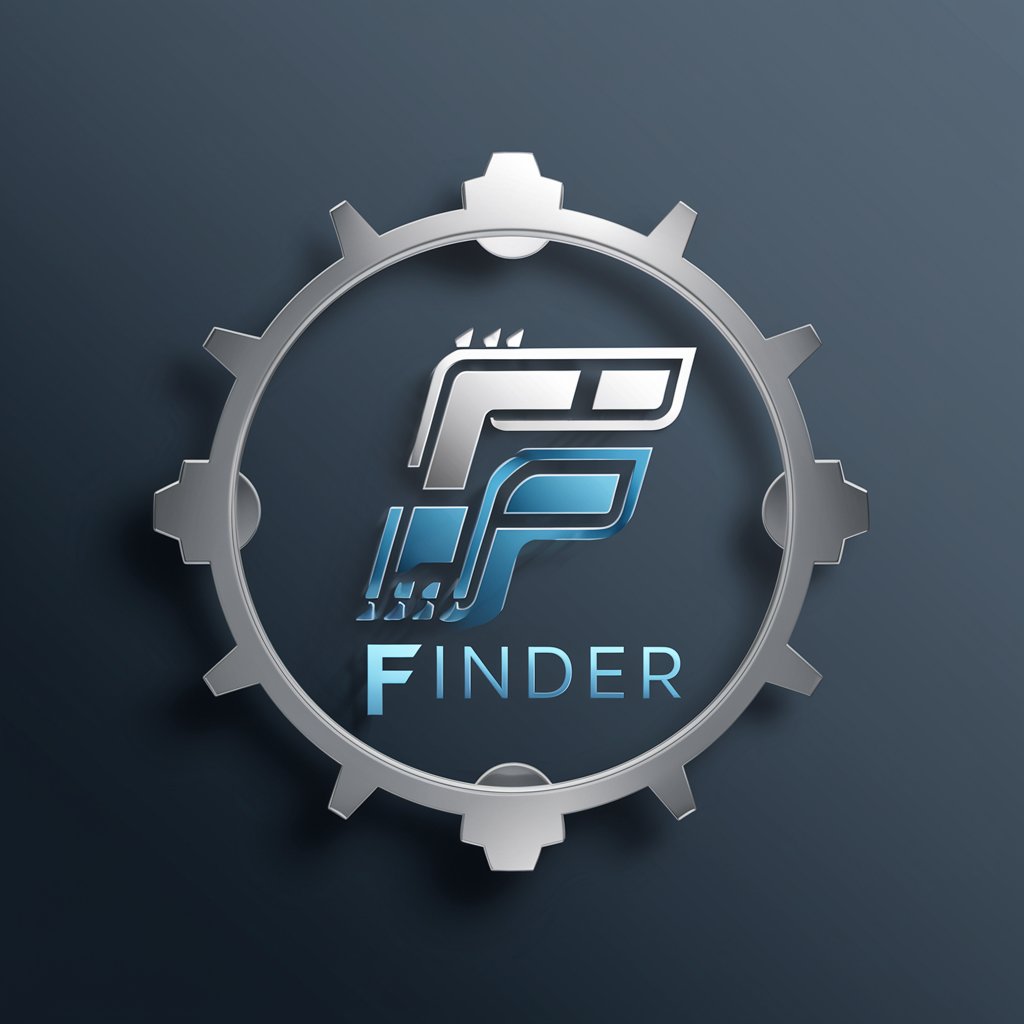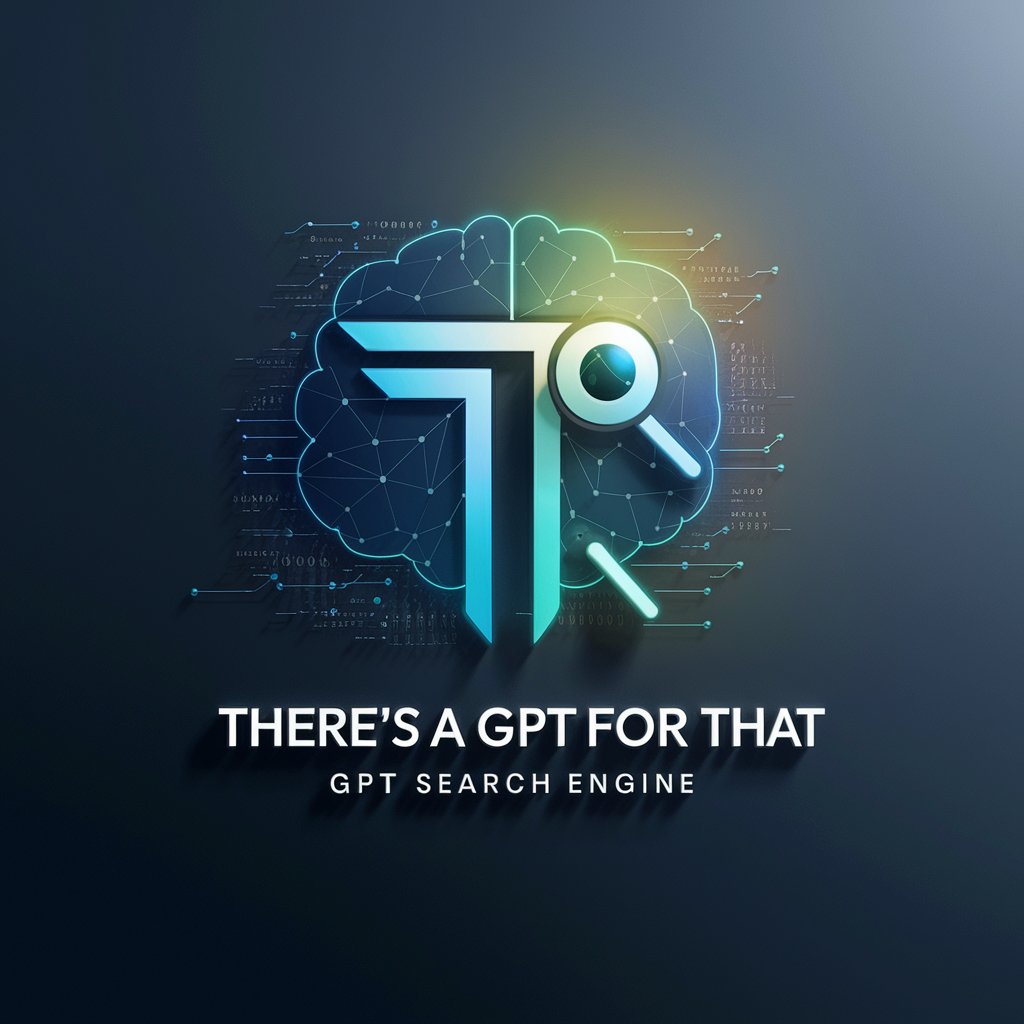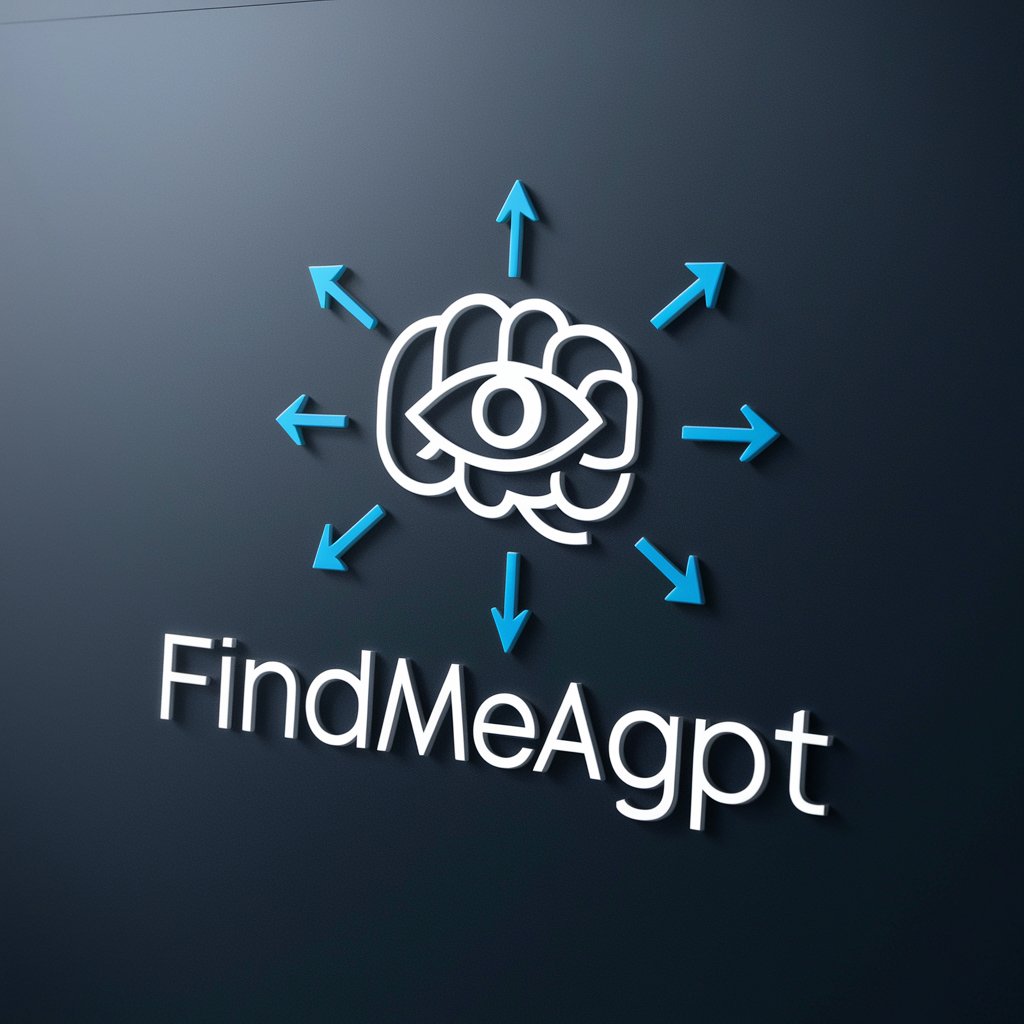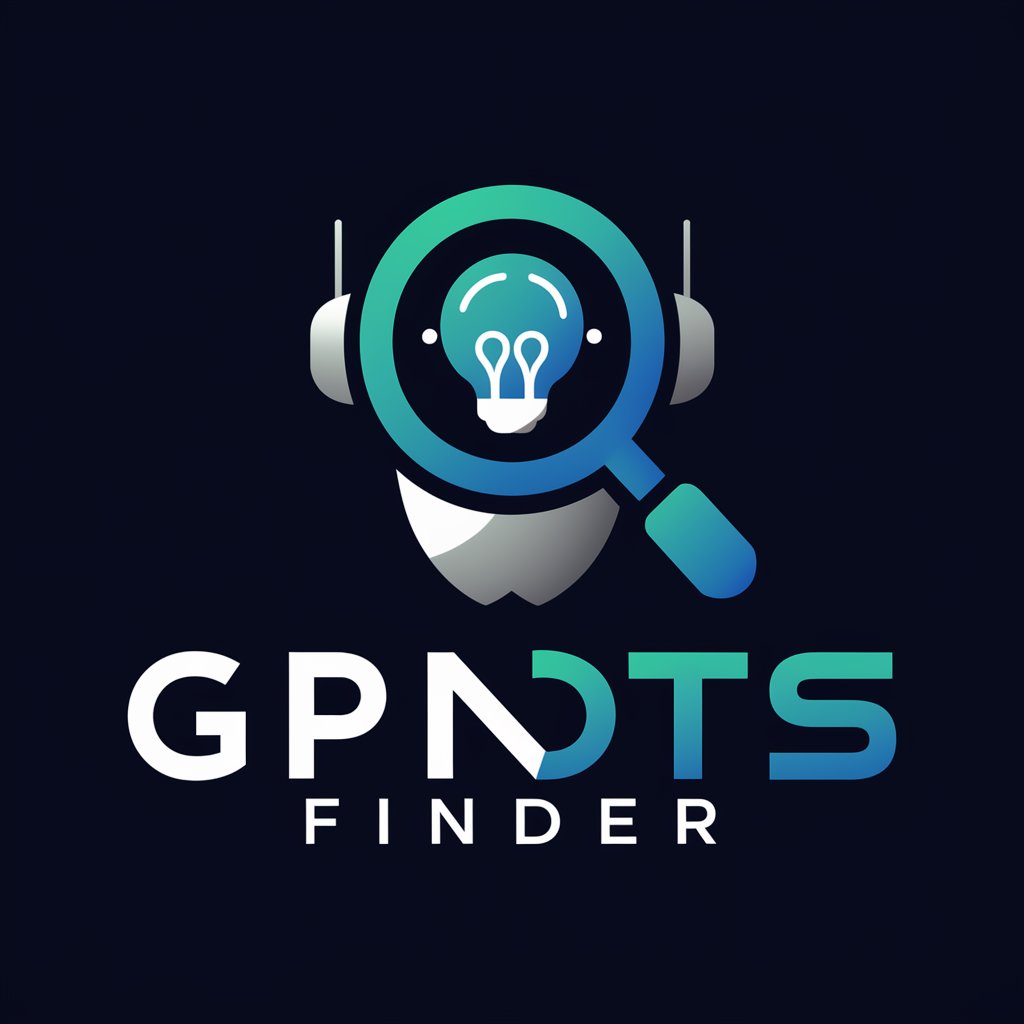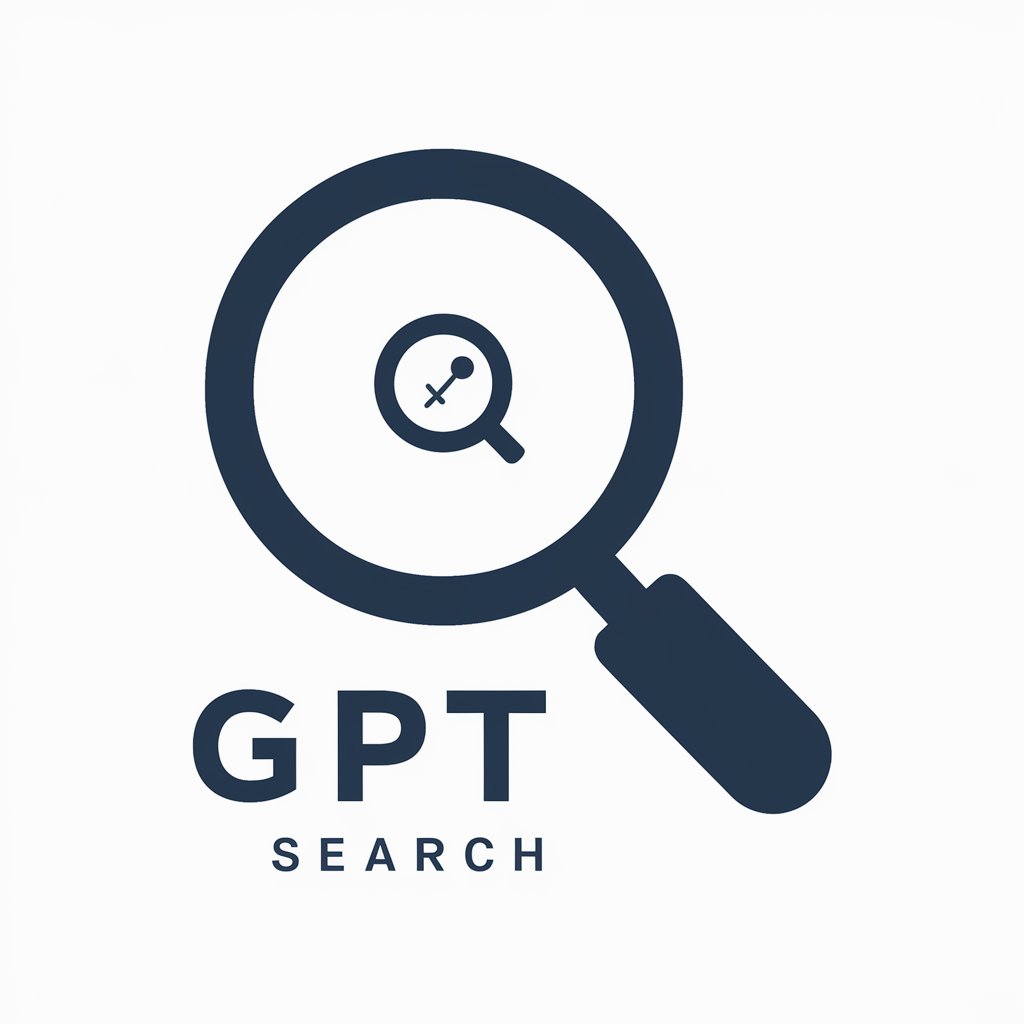
Related Work Finder GPT - Research Discovery Tool
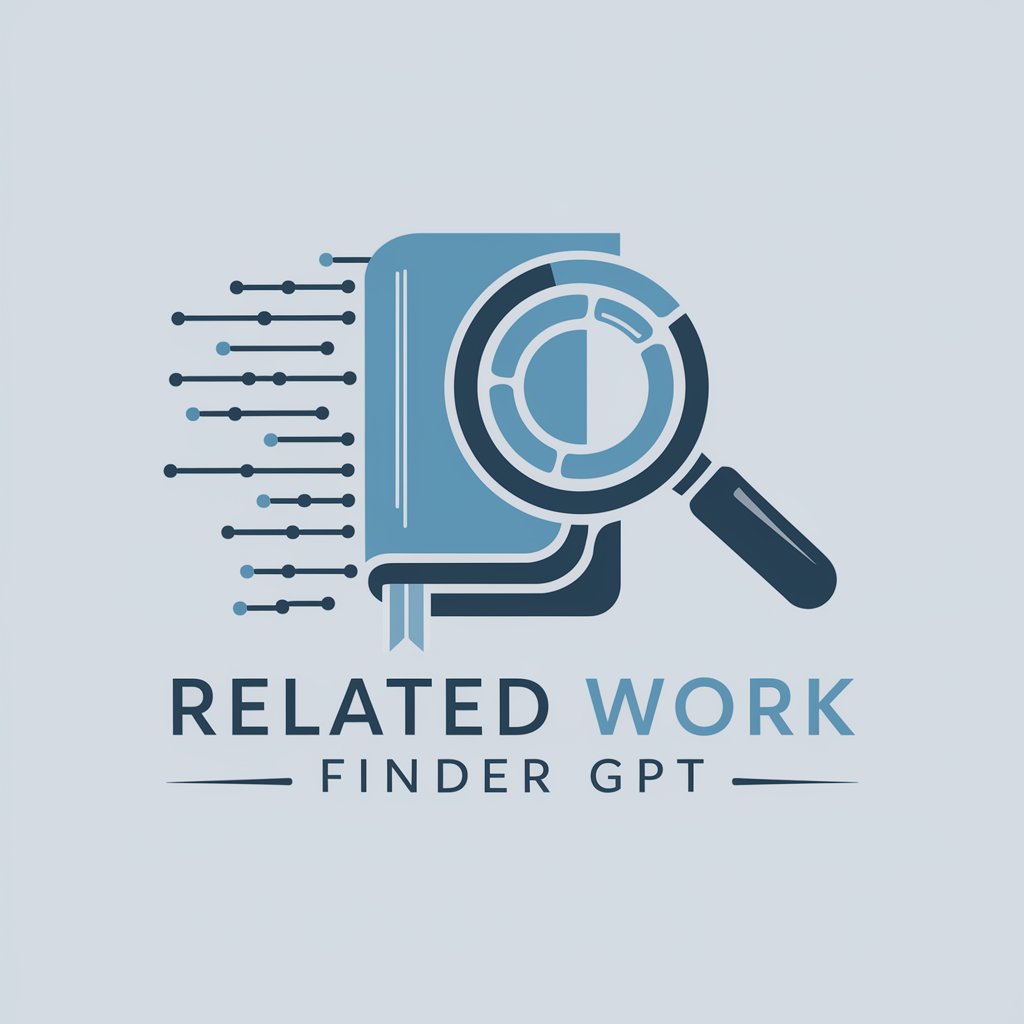
Welcome! Let's find the most relevant research for you.
AI-powered research insight at your fingertips.
Find the latest research papers on
Summarize key contributions in the field of
Identify recent trends and advancements in
Provide an overview of foundational works related to
Get Embed Code
Introduction to Related Work Finder GPT
Related Work Finder GPT is designed to assist users in identifying and understanding the latest and most relevant research papers online. This specialized GPT integrates web-based information gathering with a vast knowledge base, offering a well-rounded overview of specific research areas. Its primary purpose is to streamline the process of finding related work in academic and professional research, reducing the time and effort required to stay updated with current developments. By listing at least three research contributions for a given query, it aims to provide concise summaries and insights into the work, highlighting key developments, methodologies, and findings. This GPT is particularly adept at navigating restricted-access papers, relying on abstracts and available data to enrich its responses. Examples of its functionality include identifying emerging trends in artificial intelligence, summarizing recent findings in biomedical research, and providing overviews of technological advancements in renewable energy. Powered by ChatGPT-4o。

Main Functions of Related Work Finder GPT
Comprehensive Research Overview
Example
For a query on 'machine learning applications in healthcare', Related Work Finder GPT provides a detailed overview of the latest research, including studies on predictive analytics for patient outcomes, AI-driven diagnostic tools, and machine learning models for personalized treatment plans.
Scenario
A healthcare professional looking to integrate AI into their practice would use this function to quickly find relevant, recent research to inform their strategy.
Trend Identification and Analysis
Example
When asked about 'emerging trends in renewable energy', it identifies key areas such as solar energy innovations, battery storage advancements, and wind power efficiency improvements, including recent studies and potential future directions.
Scenario
An environmental scientist or policy maker can use this function to stay informed about the latest developments and research directions in renewable energy, aiding in decision-making and policy development.
Access to Restricted-Access Paper Summaries
Example
Upon receiving a query about 'neuroscience advances in understanding memory', it utilizes abstracts and available information from restricted-access papers to provide summaries on groundbreaking research in memory recall, neural plasticity, and cognitive therapy.
Scenario
This function is crucial for students and researchers who may not have subscriptions to all relevant journals but need to understand the scope and key findings of recent studies in their field.
Ideal Users of Related Work Finder GPT Services
Academic Researchers
Individuals engaged in university-level research who require comprehensive reviews of existing literature to ensure their work is innovative and builds upon the latest findings. They benefit from easy access to a broad range of studies, including those in restricted-access journals.
Industry Professionals
Professionals in fields such as technology, healthcare, and environmental science, who need to stay informed about cutting-edge research to guide their projects, innovate, and maintain competitive advantage. This tool helps them quickly find relevant studies and assess industry trends.
Students
Undergraduate and graduate students working on theses or research projects who need to conduct thorough literature reviews. Related Work Finder GPT aids in identifying key research articles and trends, making the process more efficient and comprehensive.

How to Use Related Work Finder GPT
Start with a Free Trial
Begin by visiting yeschat.ai for an introductory experience at no cost, without the need for signing up or subscribing to ChatGPT Plus.
Identify Your Research Area
Clearly define the topic or field of interest you're investigating to ensure focused and relevant results.
Formulate Specific Queries
Craft detailed, precise questions or keywords related to your research to guide the tool in finding the most relevant papers and studies.
Review the Results
Analyze the provided summaries and contributions from various papers to grasp key trends, methodologies, and findings in your field.
Iterate Your Search
Refine your search queries based on initial findings for deeper insights or broaden your search to explore related areas.
Try other advanced and practical GPTs
Lawyers, Judges, and Related Workers Assistant
AI-powered Legal Assistance at Your Fingertips

Love Puppy
Your playful AI puppy pal.

AI Puppy
Bringing joy with every paw print

Puppy Picker
Finding your perfect puppy match, powered by AI.

Puppy trainer
Empowering puppy training with AI
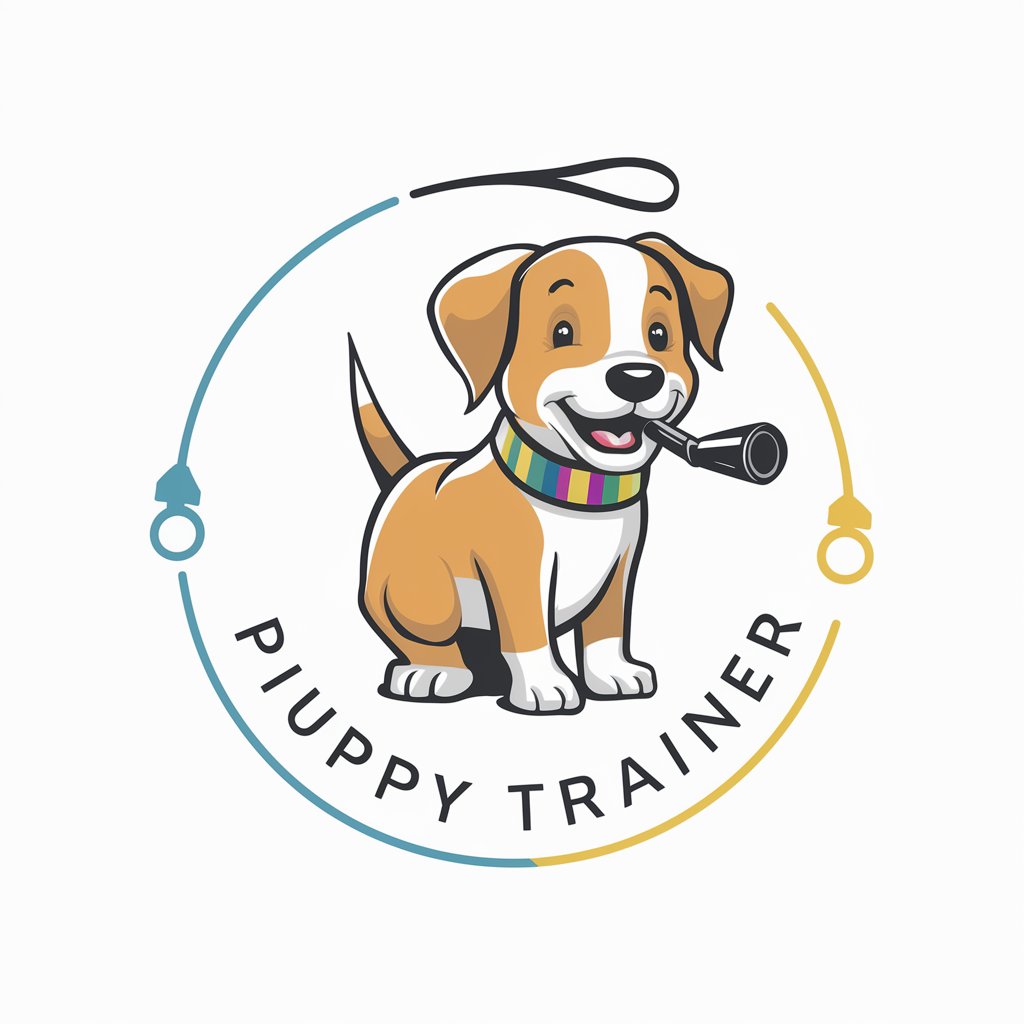
Puppy Expert
Empowering puppy owners with AI-driven insights and solutions.
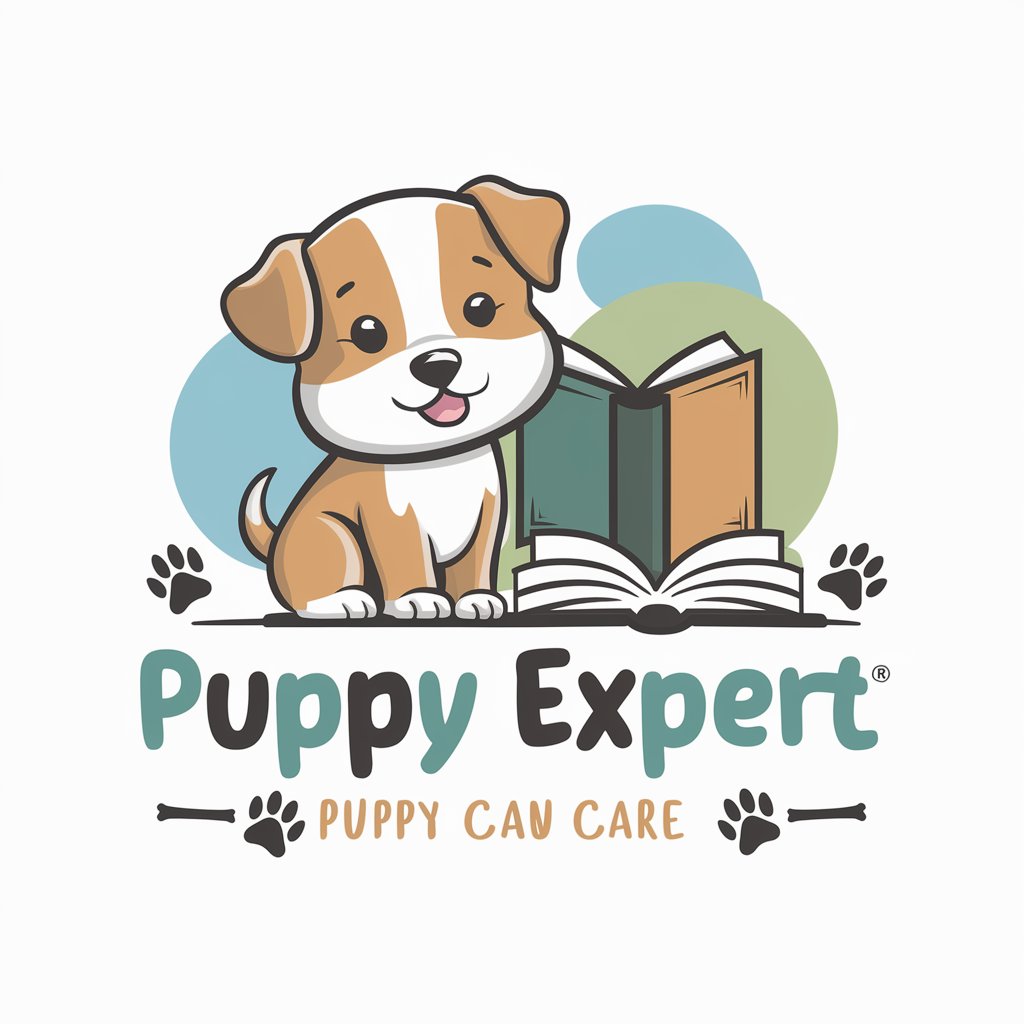
NixOS Configurator
Streamlining NixOS setup with AI
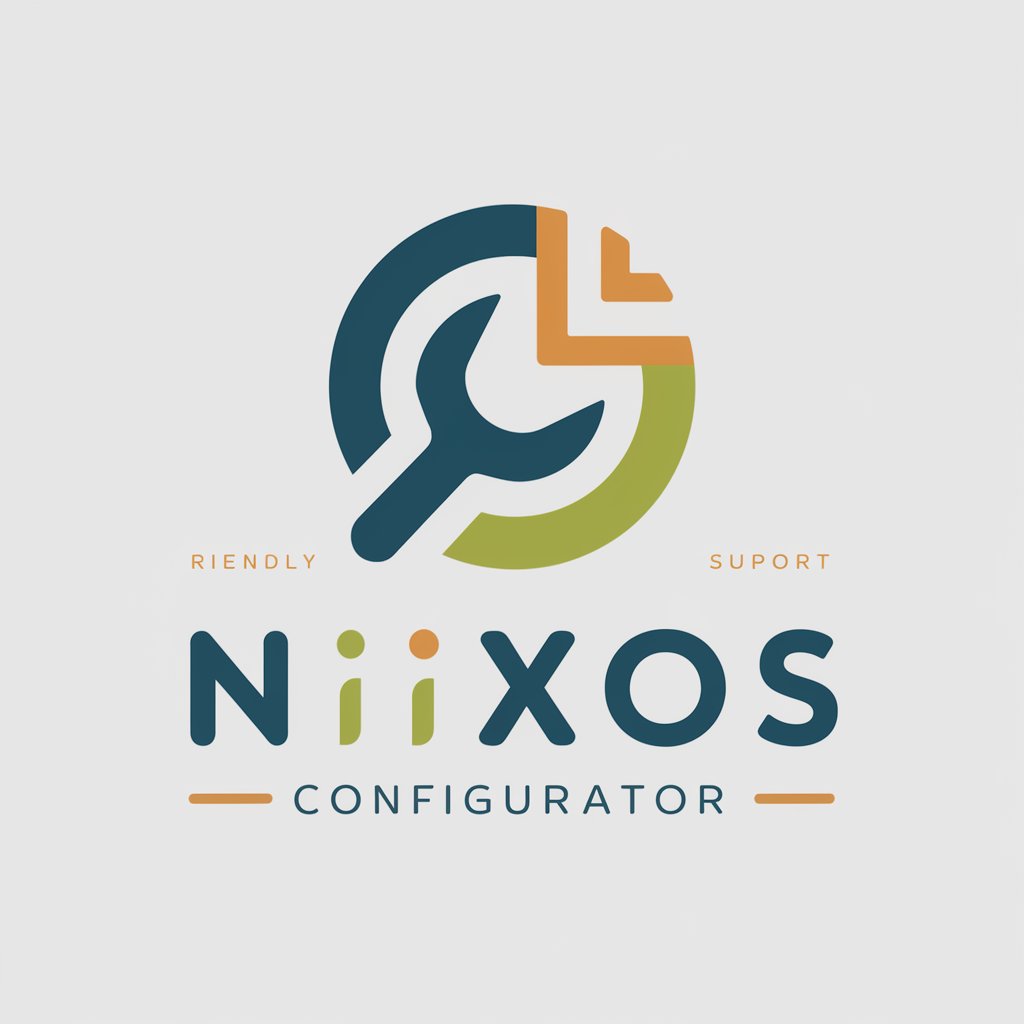
Love Letter Writer
Crafting Personalized Expressions of Love

Word Historian
Unraveling Words with AI
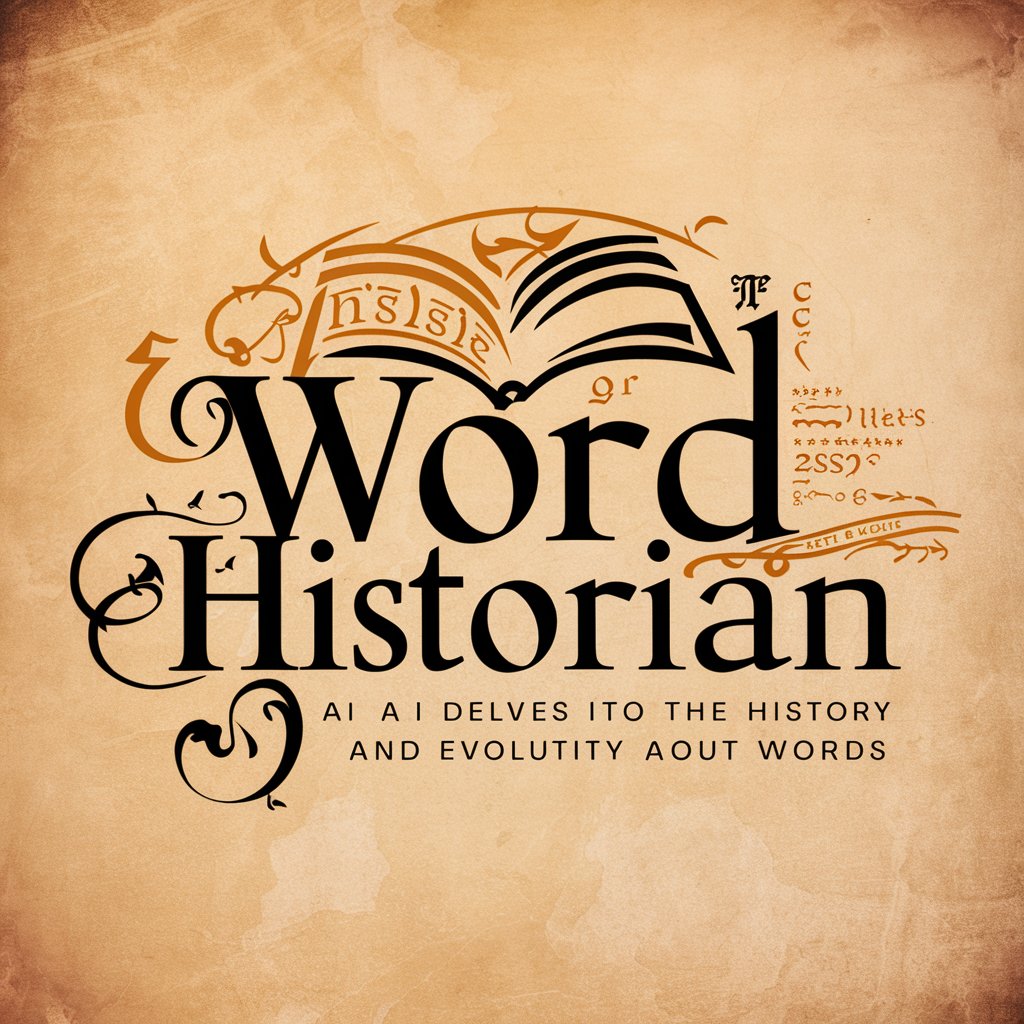
Book Hinter
Discover books that resonate, powered by AI
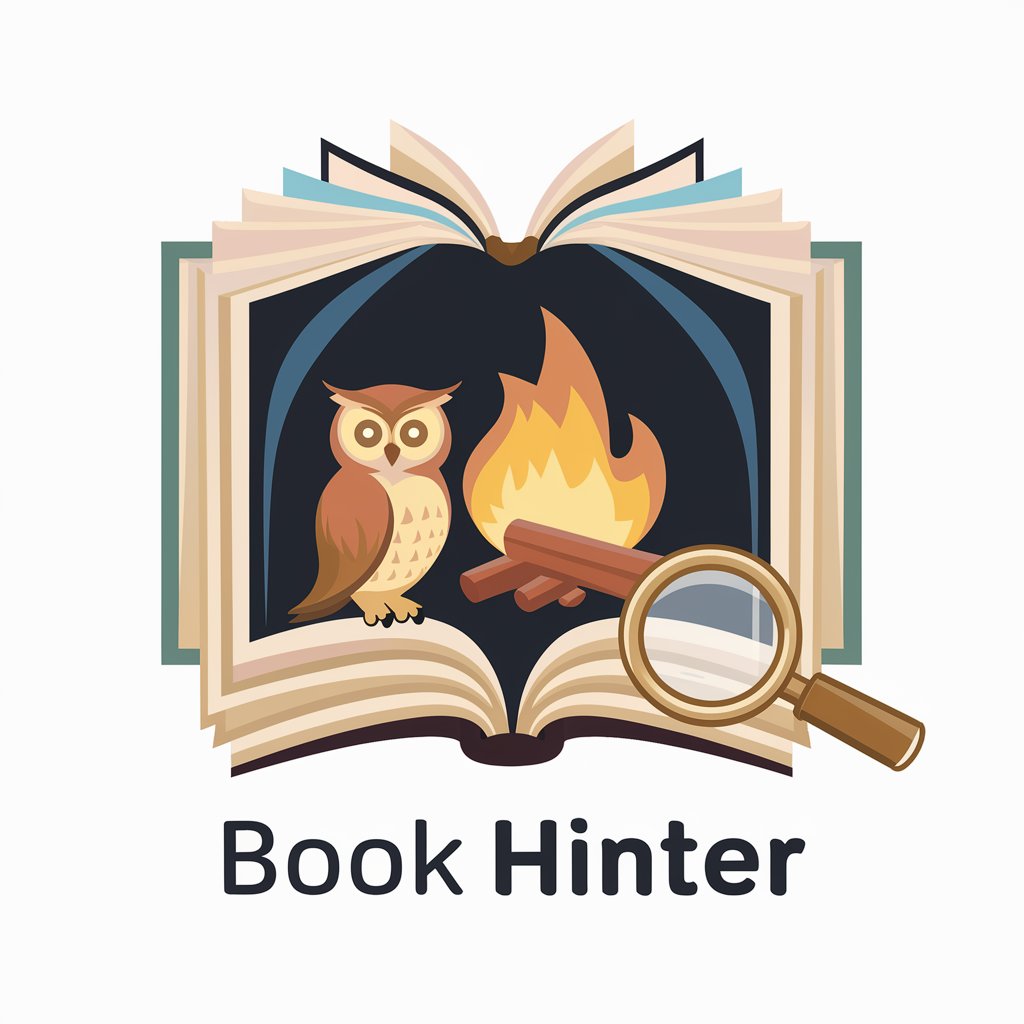
Javva the Script D-3PO - Bounty Hunted Chartwalker
Empowering dynamic data visualization with AI.
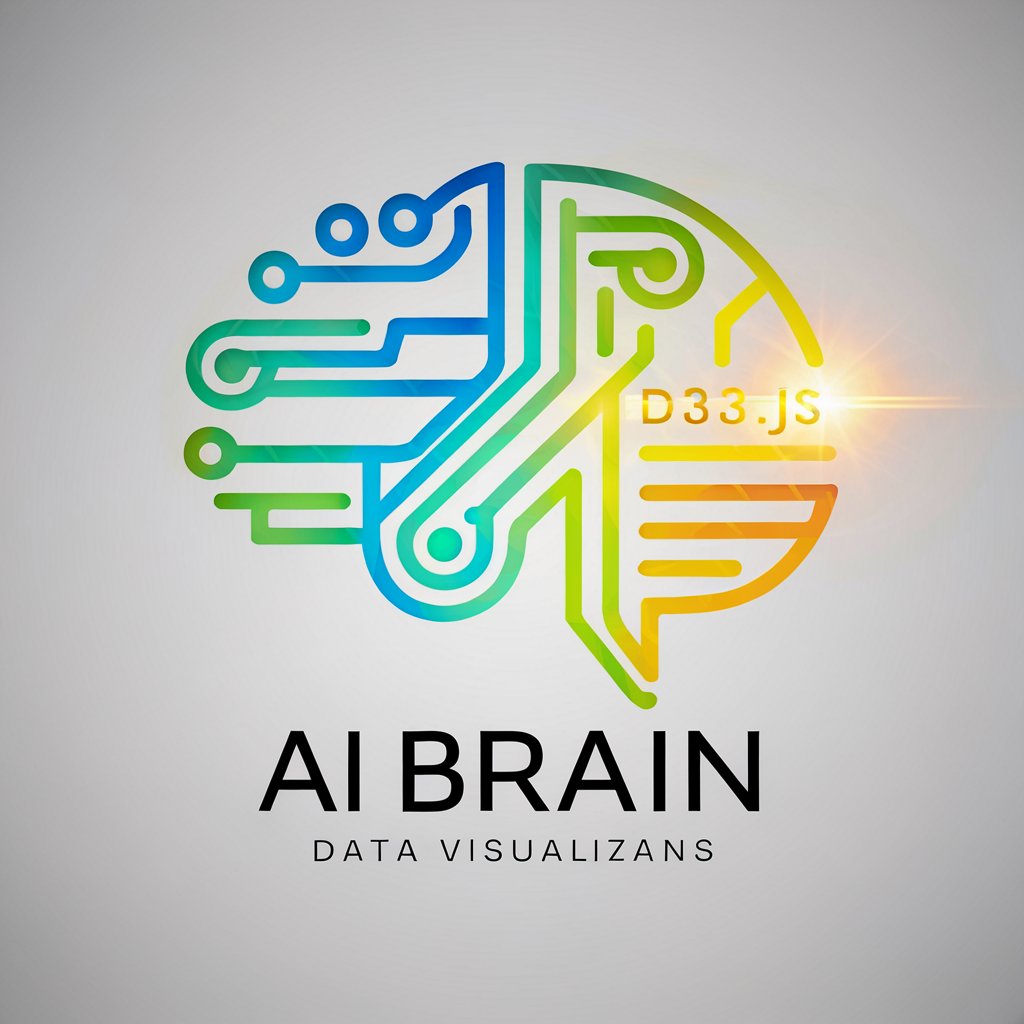
Best Practices Consultant
Elevate Decisions with AI-Powered Insights

Related Work Finder GPT Q&A
What kind of research areas can Related Work Finder GPT cover?
This tool can cover a wide range of academic and scientific fields, including but not limited to, technology, medicine, environmental studies, humanities, and social sciences, offering a broad spectrum of research discovery.
How current is the information provided by Related Work Finder GPT?
The tool aims to provide the most recent studies and papers, integrating the latest publications and findings up to the current year to ensure up-to-date information is delivered.
Can I use this tool for literature reviews?
Absolutely, Related Work Finder GPT is designed to assist in the compilation of comprehensive literature reviews by identifying relevant studies, highlighting key contributions, and providing summaries of significant research in your field.
Is the tool helpful for non-academic research?
Yes, while it's tailored for academic research, the tool's capabilities extend to supporting industry professionals, policy makers, and enthusiasts in gathering insights and data relevant to their specific interests and projects.
Does Related Work Finder GPT provide full text of articles?
The tool primarily provides summaries, key findings, and analyses based on available abstracts and public data. Full texts depend on the accessibility of the papers, and users may need to consult academic databases or publishers for unrestricted articles.
